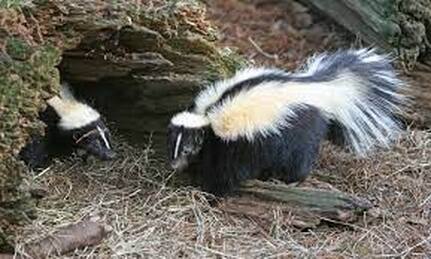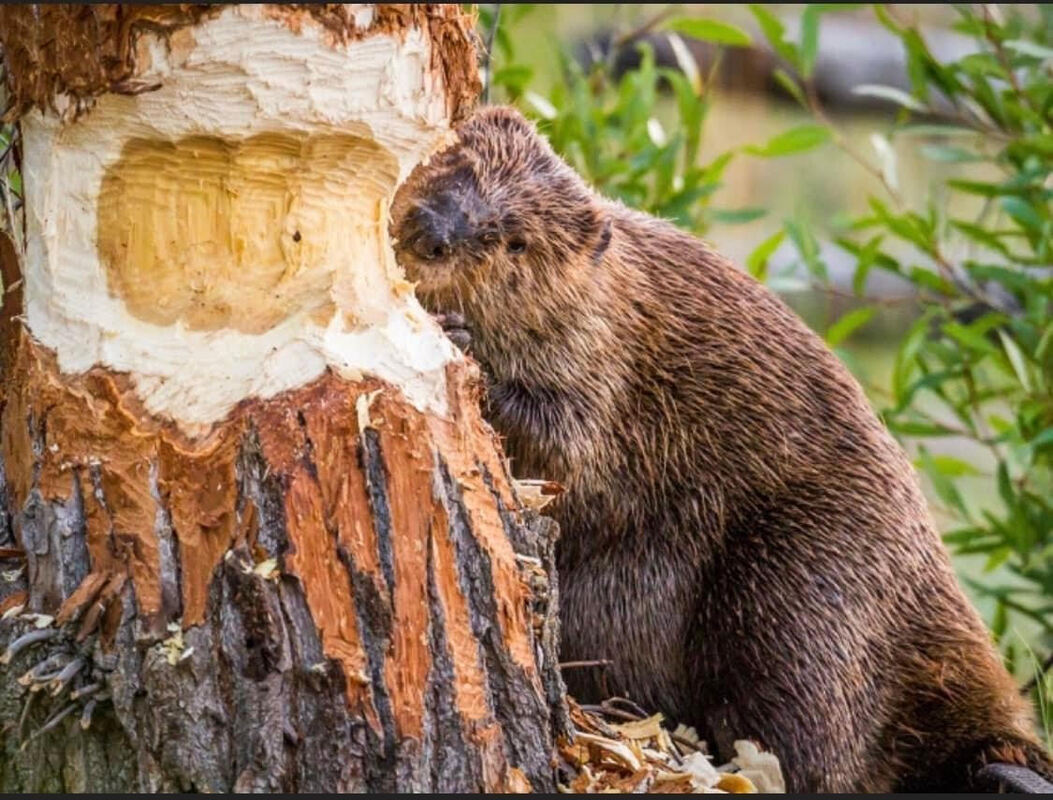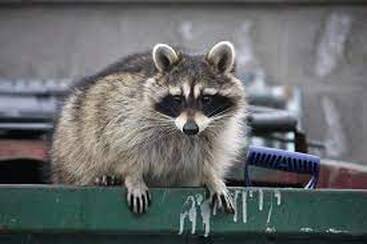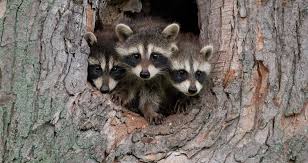FREQUENTLY ASKED QUESTIONS ABOUT WILDLIFE MANAGEMENT
wHAT IS adc MANAGEMENT?
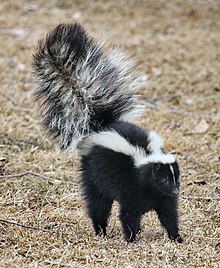
ADC, or Animal Damage Control is the control of animals damaging human property, or a risk to humans themselves. Predator Impact is licensed by the State of Oklahoma to trap, relocate, or otherwise control animals that are causing damage without being limited by the trapping seasons, and using methods that are not available to the public.
There must be actual, or emanate damage to property (beavers chewing, skunks spraying, armadillos digging, etc.) before we are allowed to trap them. For example: we can't respond to a request to reduce the squirrel population in your yard if they aren't causing any damage. Skunks and venomous snakes can always be relocated.
What happens to the animals Predator impact traps
|
With few exceptions, all wildlife we trap or capture are released on our huge private wildlife refuge in Nowata County near Oglesby. This refuge is a mixture of open prairie, lots of small ponds, two lakes, and two heavily wooded creeks. There is plenty of room for the relocated animals to live out their lives in peace. There is also a dog rescue, and a retired racehorse rescue on the property. Unfortunately, beavers, moles and non-indigenous animals such as wild boars cannot be legally relocated in Oklahoma. All control of these animals must be non-release. |
What Does this service cost?
What Removal Approach is best for My Situation?
Do you do charity work?
We do! Predator Impact is proud to be a responsible member of the community. If you live in Washington County and legitimately cannot afford our services, please contact us. We take a limited number of charity projects every year.
